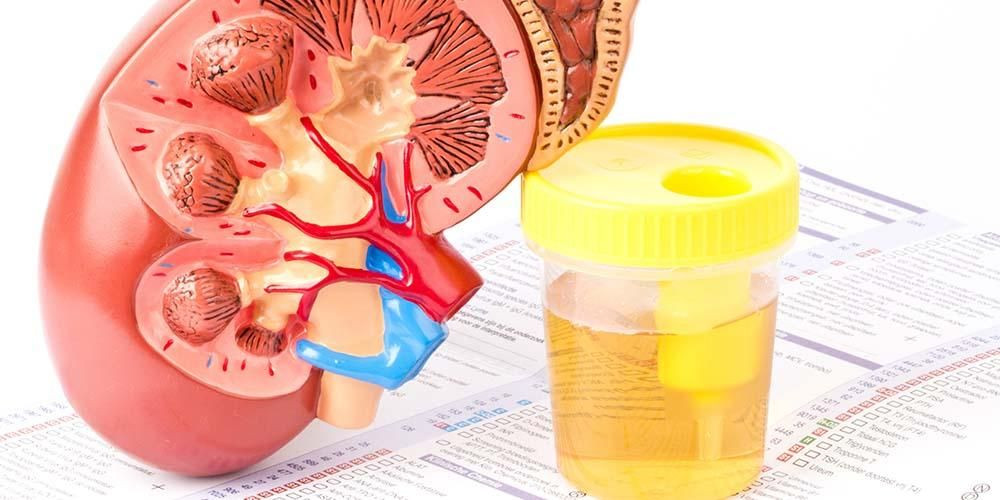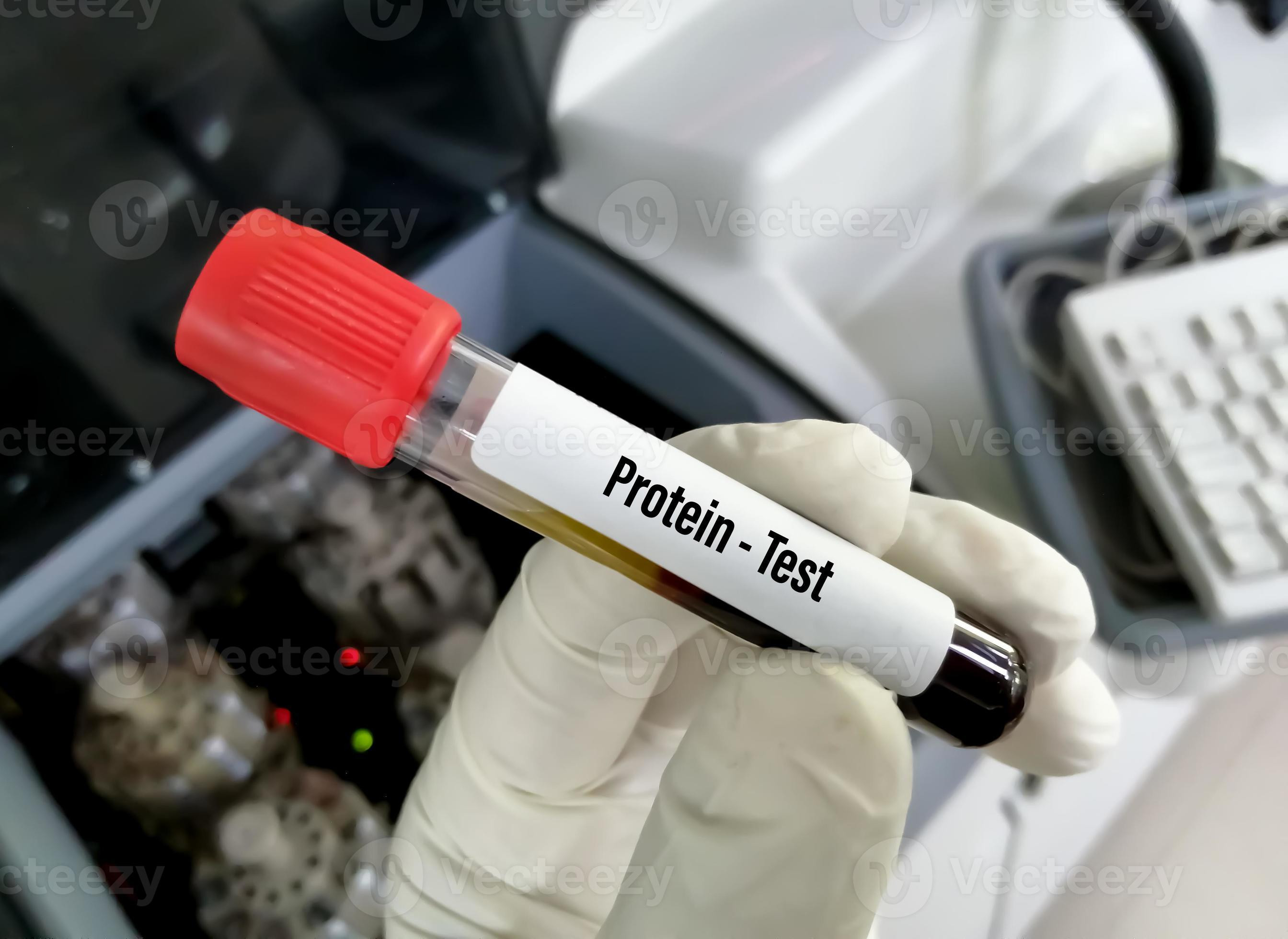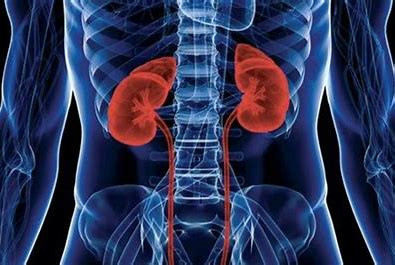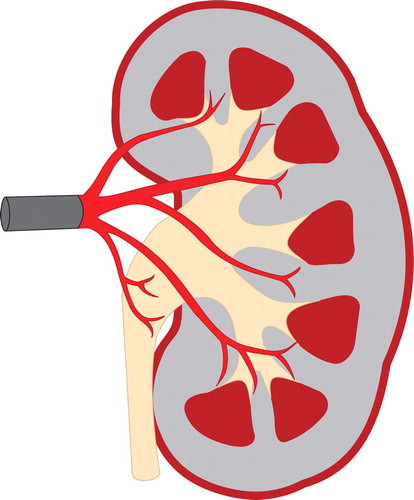Definition
A nephrotic syndrome is a group of symptoms that indicate kidney dysfunction. It is characterized by the kidneys' inability to produce normal urine and excessive loss of protein in the urine. This condition is caused by damage to the kidney's glomeruli, which are responsible for filtering waste products and regulating fluid balance in the blood. Various diseases can lead to nephrotic syndrome by affecting the glomeruli. Therefore, treatment strategies focus on addressing the underlying cause. Timely intervention is essential, as untreated nephrotic syndrome can lead to severe complications. It is important to note that nephrotic syndrome can affect individuals of all ages, including adults and children.
Causes
The nephrotic syndrome arises from damage to the glomeruli, which serve as the kidney's filtration units, removing waste products and excess fluid from the blood into the urine. Healthy glomeruli retain proteins like albumin in the blood, maintaining proper fluid balance and preventing tissue leakage. However, damaged glomeruli allow significant amounts of blood proteins, including albumin, to pass into the urine, resulting in nephrotic syndrome.
The causes of nephrotic syndrome can be categorized into primary and secondary based on their origin. Primary causes solely affect the kidneys, while secondary causes impact other organs along with the kidneys.
Primary
- Focal segmental glomerulosclerosis (FSGS): Damages the glomeruli, affecting their function. It can result from genetic abnormalities or certain medications
- Membranous nephropathy: This disease thickens the glomerular membrane due to immune system deposits. It is associated with lupus, hepatitis B, malaria, and cancer
- Minimal Change Disease (MCD): The leading cause of nephrotic syndrome in children, MCD alters kidney function, but microscopic examination of kidney tissue appears normal. Its exact cause is unclear but may involve viral infections, allergic reactions, certain medications, or NSAID use
- Renal vein thrombosis: This condition blocks veins from the kidney
Secondary
- Diabetic nephropathy: Kidney damage due to uncontrolled blood sugar levels in diabetes
- Systemic Lupus Erythematosus (SLE): An autoimmune disorder causing chronic inflammation affecting various organs, including the kidneys
- Amyloidosis: Accumulation of amyloid proteins in organs, leading to kidney filtration system damage
Risk factor
Risk factors for developing nephrotic syndrome include:
- History of diseases damaging the kidneys, such as diabetes, lupus, amyloidosis, reflux nephropathy, or other kidney diseases.
- Use of certain medications, especially NSAIDs (Nonsteroidal Anti-Inflammatory Drugs) and drugs used to fight infections.
- Presence of specific microbial infections, including HIV, Hepatitis B, Hepatitis C, and Malaria.
Symptoms
The typical symptoms of nephrotic syndrome are related to glomerular damage. Here are some common symptoms:
- Swelling of body parts, especially around the eyes and ankles (edema)
- Foamy urine due to excess protein (proteinuria)
- Increased levels of cholesterol and triglycerides in the blood (hyperlipidemia)
- Decreased levels of albumin protein in the blood (hypoalbuminemia)
Additional symptoms may include:
- Weight gain due to fluid retention
- Decreased appetite
Diagnosis
Diagnosis of nephrotic syndrome involves evaluating symptoms, conducting a physical examination, and performing diagnostic tests to support the diagnosis. Common tests include:
- Urine test or urinalysis: This examines urine content, detecting abnormalities such as high protein levels. A 24-hour urine collection may be required.
- Blood test: Measures levels of albumin, cholesterol, triglycerides, creatinine, and urea in the blood, assessing kidney function.
- Kidney biopsy: A sample of kidney tissue is taken for analysis to determine the underlying cause of nephrotic syndrome.
- Kidney ultrasound (USG): Visualizes the kidney's structure, aiding in diagnosis.
Management
The treatment approach for nephrotic syndrome focuses on addressing the underlying cause and managing symptoms. Medications commonly prescribed include:
- High blood pressure medication: ACE inhibitors and ARBs are often used to control hypertension associated with nephrotic syndrome.
- Diuretics: Furosemide and spironolactone help reduce swelling (edema) by increasing urine output.
- Cholesterol-lowering medication: Statins such as atorvastatin and lovastatin are prescribed to manage elevated cholesterol levels.
- Anticoagulants: Warfarin and heparin may prevent blood clot formation, particularly in cases of increased clotting risk.
- Immunosuppressants: Corticosteroids and other immunosuppressive drugs help modulate the immune response, especially in cases associated with autoimmune diseases like lupus.
In addition to medications, lifestyle modifications are often recommended, including:
- Following a low-protein diet or opting for plant-based protein sources.
- Limiting dietary fats and cholesterol intake.
- Restricting salt consumption to help control edema.
- Monitoring fluid intake to prevent fluid overload.
If nephrotic syndrome persists or worsens despite medical management, dialysis may be necessary. This treatment involves filtering the blood to remove waste products and excess fluid when kidney function is impaired.
Complications
Untreated nephrotic syndrome can indeed lead to a range of serious complications affecting various organs and systems in the body. Here's an overview of potential complications:
- Blood clotting: Impaired blood filtration by the glomeruli leads to loss of proteins such as antithrombin III in the urine, increasing the risk of blood clot formation.
- Increased cholesterol and triglyceride levels: The liver compensates for the loss of proteins such as albumin by producing more, leading to elevated levels of cholesterol and triglycerides in the blood.
- Decreased blood volume and weight loss: Despite apparent edema or swelling, nephrotic syndrome can lead to hypovolemia (reduced blood volume) and weight loss due to protein and fluid loss in the urine.
- Anemia: Loss of proteins, including erythropoietin, can lead to decreased red blood cell production and subsequent anemia.
- High blood pressure (hypertension): Glomerular damage and fluid retention can contribute to elevated blood pressure
- Acute kidney injury (AKI): Progressive kidney damage can impair the kidneys' ability to filter waste products and regulate electrolyte balance, potentially leading to acute kidney injury requiring urgent medical intervention.
- Chronic kidney disease (CKD): Prolonged untreated nephrotic syndrome can lead to irreversible kidney damage and the development of chronic kidney disease, eventually necessitating renal replacement therapy such as dialysis or kidney transplantation.
- Increased risk of infections: Loss of immunoglobulins and other proteins in the urine can weaken the body's immune response, increasing the susceptibility to infections, particularly respiratory and urinary tract infections.
Prevention
In some cases, nephrotic syndrome cannot be prevented, especially in cases of congenital diseases. However, it's essential to pay closer attention to the secondary causes of nephrotic syndrome to prevent the disease:
- Control high blood pressure and diabetes
- Take medications for related conditions as prescribed by the doctor
- Get vaccinated for common infections, especially for those in high-risk environments
- If prescribed antibiotics by the doctor, complete the course even if symptoms improve
When to see a doctor?
Seek medical attention promptly if you experience any of the above symptoms, especially if nephrotic syndrome occurs in children. If symptoms worsen, seek medical attention immediately to ensure prompt treatment.
- dr Anita Larasati Priyono
Nephrotic syndrome - Symptoms and causes. Mayo Clinic. (2022). Retrieved 26 June 2022, from https://www.mayoclinic.org/diseases-conditions/nephrotic-syndrome/symptoms-causes/syc-20375608.
Sinnakirouchenan, R. (2022). Nephrotic Syndrome: Practice Essentials, Pathophysiology, Etiology. Emedicine.medscape.com. Retrieved 26 June 2022, from https://emedicine.medscape.com/article/244631-overview.
Khatri, M. (2021). Nephrotic Syndrome Overview. WebMD. Retrieved 26 June 2022, from https://www.webmd.com/a-to-z-guides/what-is-nephrotic-syndrome.
Seladi-Schulman, J. (2019). Everything You Need to Know About Nephrotic Syndrome. Healthline. Retrieved 26 June 2022, from https://www.healthline.com/health/nephrotic-syndrome.
Bomback, A. (2020). Nephrotic Syndrome in Adults | NIDDK. National Institute of Diabetes and Digestive and Kidney Diseases. Retrieved 26 June 2022, from https://www.niddk.nih.gov/health-information/kidney-disease/nephrotic-syndrome-adults.











